A Commentary on Isaiah, Part 29: No Reason to Run

A Commentary on Isaiah, Part 29: No Reason to Run
In the early portion of Isaiah chapter 30, the people of Judah were portrayed as Fugitives from Justice, seeking either to flee to Egypt or to attain help from the pharaoh in order to stave off the Assyrians in their endeavor to escape from the judgment which Yahweh had decreed as punishment for their sins. But much earlier in Isaiah, in the burden of Egypt in Isaiah chapter 19, the prophet had begun warning the people of Judah against this, and the warnings continued throughout subsequent chapters. So in chapter 20 where the burden of Egypt continues we read in part, where it refers to the children of Judah as well as to the inhabitants of the coastal towns with whom Hezekiah had evidently been in league: “5 And they shall be afraid and ashamed of Ethiopia their expectation, and of Egypt their glory. 6 And the inhabitant of this isle shall say in that day, Behold, such is our expectation, whither we flee for help to be delivered from the king of Assyria: and how shall we escape?” The kings of Ethiopia, or properly Kush, had been in control of most of Egypt at that same time.
Likewise, in Isaiah chapter 21, the burden upon Arabia was also on account of the children of Judah who would flee to the south for refuge, as we read in reference to them that “14 The inhabitants of the land of Tema brought water to him that was thirsty, they prevented with their bread him that fled. 15 For they fled from the swords, from the drawn sword, and from the bent bow, and from the grievousness of war.” There we had noted in relation to verse 14, that other translations have it to read “Bring water for the thirsty, O inhabitants of the land of Tema, Meet the fugitive with bread.” Therefore just like Egypt, Arabia was also portrayed as having harbored the fugitives of Judah who would flee from the wrath of Yahweh, and the children of Judah, those who could not escape by sea, had nowhere to run, but here, as we continue with this 30th chapter of Isaiah, we shall see that they also had no reason to run.


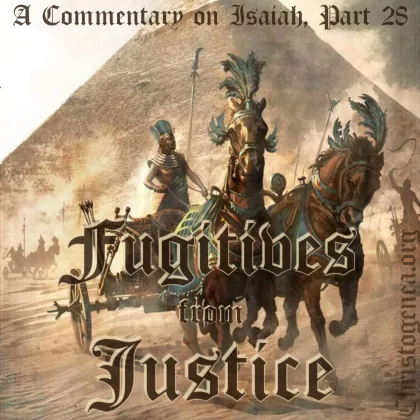
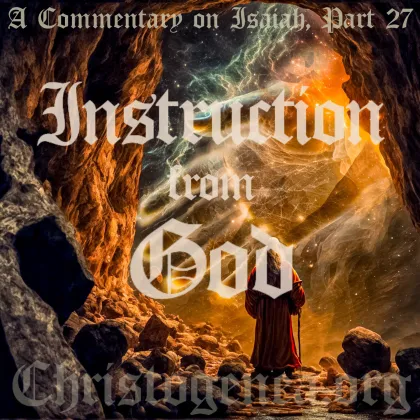

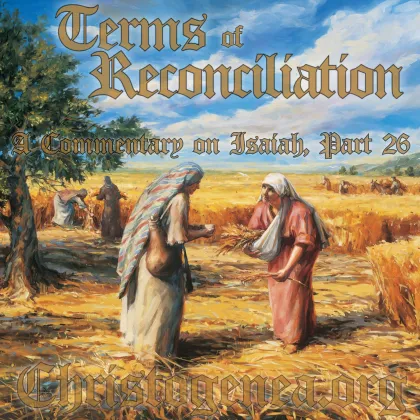





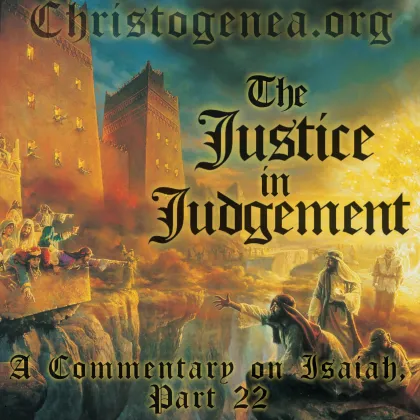
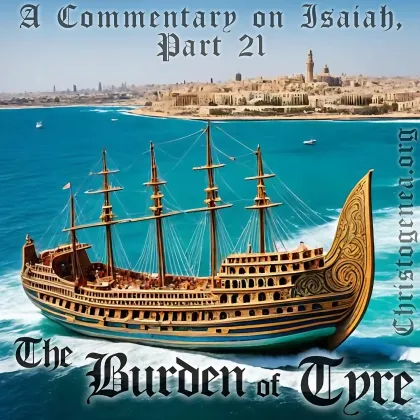
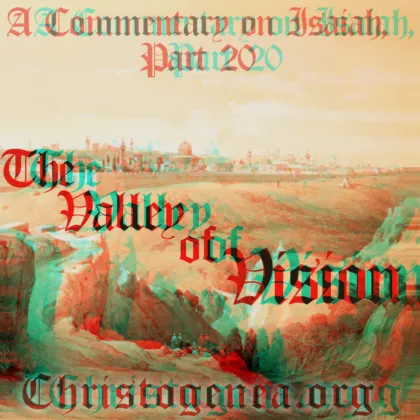
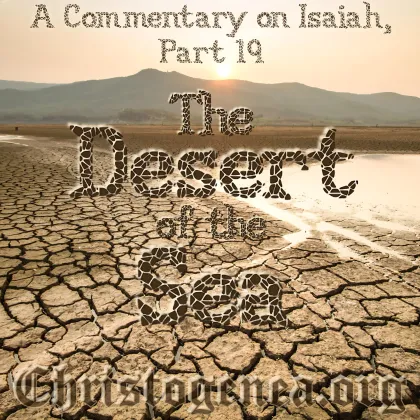
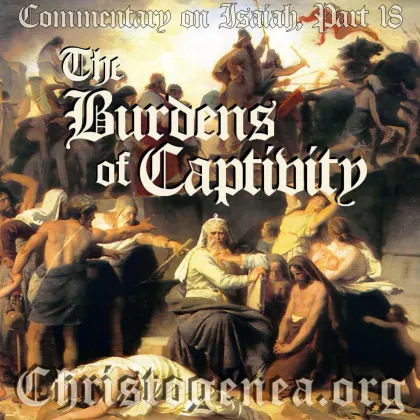



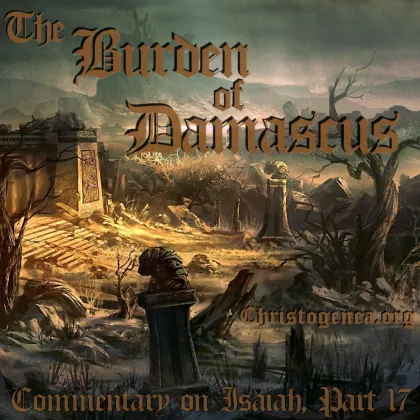





 Please click here for our mailing list sign-up page.
Please click here for our mailing list sign-up page.







